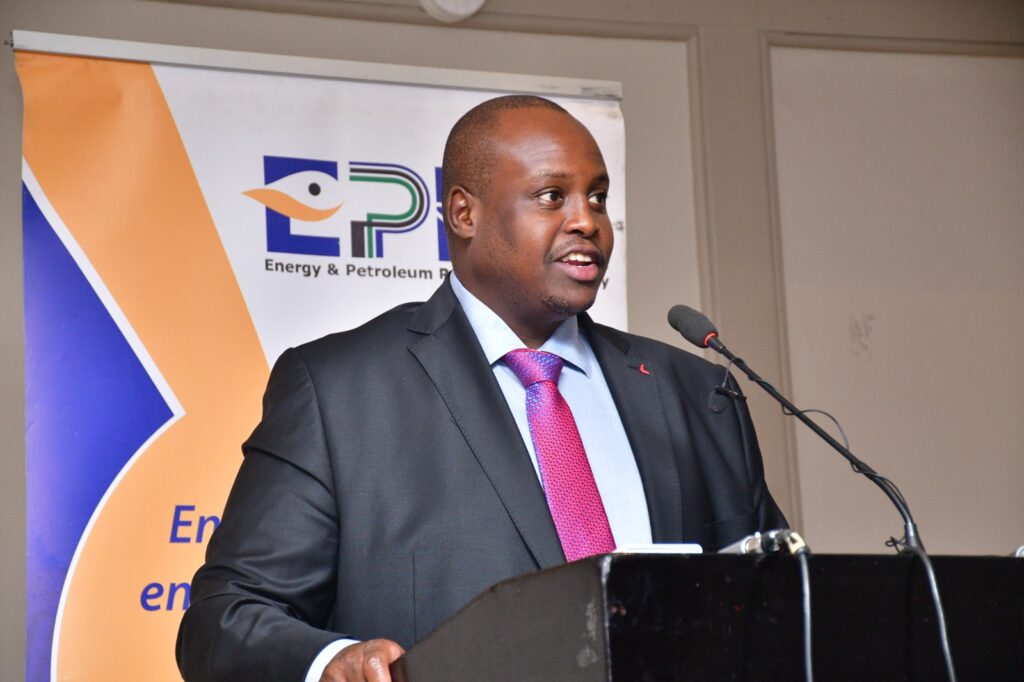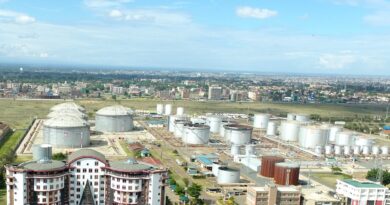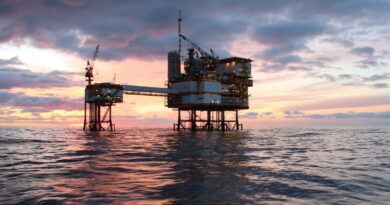Why EPRA increased diesel prices by Ksh3.69 to cushion petrol and kerosene users

The Kenyan government has added Ksh3.69 on the price of each liter of diesel to subsidize the cost of petrol and kerosene, whose prices would have risen without the subsidy.
The additional cost on diesel has been used to offset Ksh0.46 from the cost of petrol and Ksh3.29 from the cost of kerosene. The new fuel prices were announced yesterday by the Energy and Petroleum Regulatory Authority (EPRA).
The energy regulator has been cross-subsidizing the cost of some fuel products to balance their prices and cushion segments of the population that the government wants to protect. Had EPRA not cross-subsidized the products, the cost of petrol and kerosene would have increased by Ksh0.46 and Ksh3.29 per liter respectively.
EPRA yesterday kept fuel prices unchanged in the November prices review, even as the cost of importing petrol and kerosene went up. In the most recent importation cycle, the landed cost of petrol increased by 0.54% per cubic-meter, that of diesel declined by 4.34% while that of kerosene went up by 3.97%.
The average landed cost of imported super petrol increased by 0.54% from $637.7 per cubic-meter in September 2024 to $641.14 per cubic-meter in October 2024; diesel decreased by 4.34% from $636.22 per cubic-meter to $608.61 per cubic-meter while kerosene increased by 3.97% from $623.39 per cubic meter to $648.15 per cubic-meter over the same period
epra
It is this lower import cost of diesel during the month that gave EPRA wiggle room to use the product to cross-subsidize the price of petrol and kerosene. Petrol is used to power motor vehicles and motorcycles, while kerosene is primarily used for cooking.
Following yesterday’s prices review, in Nairobi, petrol will continue to retail at a maximum of Ksh180.66 per liter, diesel will sell at Ksh168.06 while kerosene will cost Ksh151.39. Mombasa, which has the lowest pump prices in the country, will see petrol, diesel and kerosene prices sell at a maximum of Ksh177.42, Ksh164.82 and Ksh148.15 per liter respectively.
brian@theenergyreview.com
Discover more from THE ENERGY REVIEW
Subscribe to get the latest posts sent to your email.


